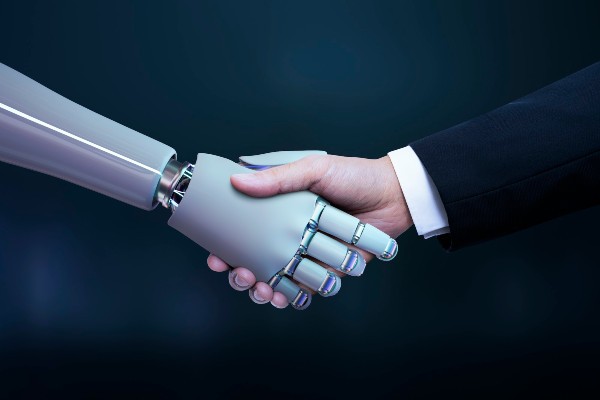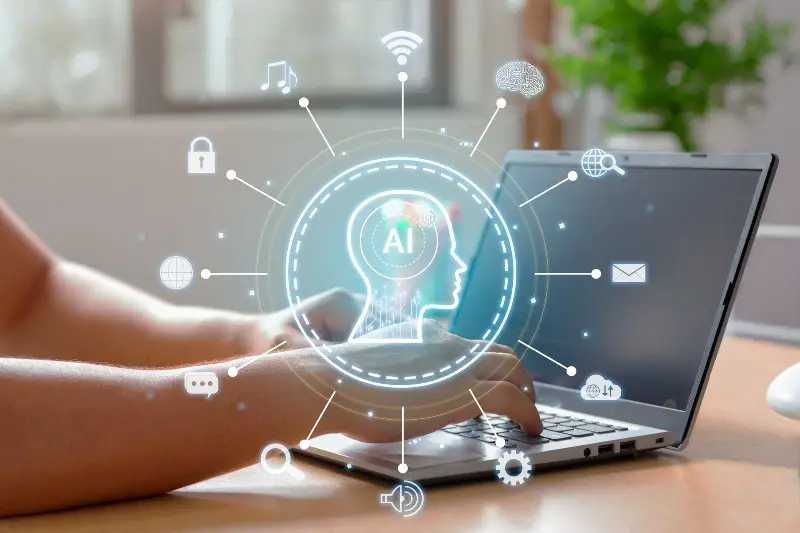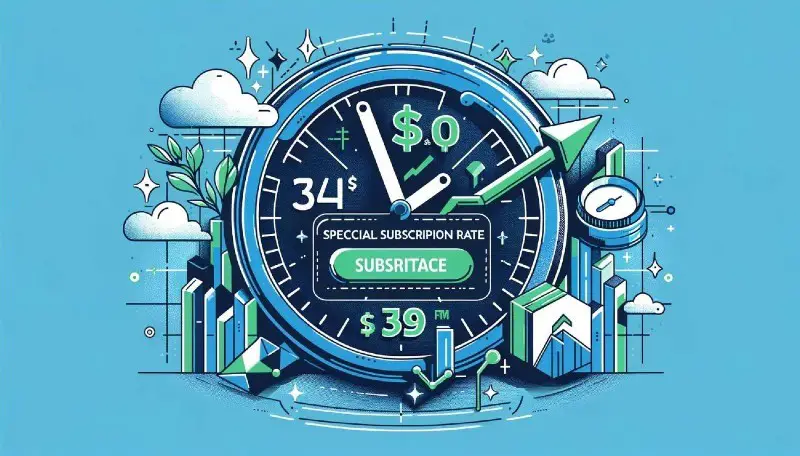Introduction
At the forefront of the AI revolution, AI Horizon stands as a beacon of innovation, particularly in the realms of healthcare, education, and the future of work. This blog post delves into the significant influence of Artificial Intelligence (AI) in these key areas, highlighting the advancements in healthcare, the impact on students and educators, the evolution of machine learning, and the changing landscape of the workforce. Each sector is experiencing a seismic shift, propelled by AI’s capabilities and potential. We will explore the myths and facts, answer frequently asked questions, provide practical tips, and share some little-known facts about AI.
AI Horizon is more than a technological phenomenon; it’s a paradigm shift that is redefining traditional practices and paving the way for future innovations. Whether you’re a healthcare provider, an educator, a student, or a professional bracing for the future of work, this post will offer valuable insights into how AI is reshaping these fields. Join us as we navigate the exciting and ever-evolving landscape of AI.
Healthcare and AI Horizon
Transforming Patient Care
In healthcare, AI is revolutionizing patient care, diagnostics, and treatment methodologies. AI algorithms can process vast amounts of medical data, leading to more accurate diagnoses and personalized treatment plans. This advancement is not only enhancing the quality of healthcare but also making it more accessible and efficient.
Enhancing Medical Research
Beyond patient care, AI significantly impacts medical research. It aids in analyzing complex datasets, accelerates drug discovery, and contributes to understanding intricate health conditions. AI’s ability to process and interpret large volumes of data is invaluable in medical breakthroughs, potentially leading to cures for previously untreatable diseases.
Students and Educators and AI
AI in Enhancing Learning Experiences
For students and educators, AI is a transformative tool in the educational landscape. It personalizes learning experiences, adapts to individual learning styles, and provides interactive and engaging educational content. AI is reshaping how knowledge is delivered and absorbed in the classroom.
AI’s Role in Educational Research and Development
AI is playing a crucial role in educational research and development. It’s being used to analyze educational trends, improve teaching methodologies, and develop new learning tools. AI is paving the way for a more informed and innovative approach to education.
Machine Learning and AI
The Power of Machine Learning in AI
Machine Learning, a subset of AI, is revolutionizing the way AI systems learn and evolve. It involves algorithms that learn from data, identify patterns, and make decisions with minimal human intervention. Machine Learning is at the heart of many AI applications, from predictive analytics to natural language processing.
Expanding Applications of Machine Learning
The applications of Machine Learning are vast and continually evolving. It’s being used in various sectors, including healthcare for predictive diagnostics, in education for personalized learning, and in business for customer behavior analysis. As technology advances, Machine Learning is set to become more sophisticated and integrated into various aspects of life.
The Future of Work and AI
AI’s Impact on Job Dynamics
The future of work is being reshaped by AI. While there’s fear of job displacement, AI also creates new job opportunities and enhances productivity. AI automates routine tasks, allowing employees to focus on more creative and strategic activities. This shift is not just about job loss; it’s about job transformation.
Preparing for the AI-Driven Workplace
As AI becomes more prevalent in the workplace, the skills required for jobs are changing. There’s a growing need for digital literacy, adaptability, and lifelong learning. Employees and employers alike must prepare for a future where AI is an integral part of the work environment.
Myths vs. Facts about AI in Healthcare
Myth: AI Will Replace Human Doctors
Fact: AI is designed to augment, not replace, medical professionals. It enhances their capabilities by providing accurate data analysis and diagnostic support.
Myth: AI Healthcare Solutions are Infallible
Fact: AI in healthcare is only as good as the data it’s trained on. It requires continuous refinement and validation to ensure accuracy and reliability.
Myth: AI Compromises Patient Privacy
Fact: While there are challenges, AI can be implemented with strong privacy safeguards. The key is to balance innovation with ethical data practices.
FAQ Section
Q1: How is AI Transforming Healthcare?
A1: AI is transforming healthcare by improving diagnostic accuracy, enabling personalized treatments, and facilitating advanced research. It’s making healthcare more efficient and patient-centric.
Q2: What Role Does AI Play in Enhancing Education?
A2: AI plays a significant role in enhancing education by personalizing learning experiences, providing interactive content, and aiding in educational research and development.
Q3: How is Machine Learning Used in AI?
A3: Machine Learning in AI involves algorithms learning from data, identifying patterns, and making decisions. It’s used in various applications like predictive analytics and natural language processing.
Q4: Why is Ethical AI Important?
A4: Ethical AI is important to ensure that AI technologies are developed and used in a way that is fair, transparent, and respects individual rights and privacy.
Q5: Can AI Improve Workplace Efficiency?
A5: Yes, AI can significantly improve workplace efficiency by automating routine tasks, providing analytical insights, and enhancing decision-making processes.
Practical Tips and Tricks for AI Integration
- Emphasize Data Quality: High-quality, diverse data is crucial for training effective AI systems.
- Prioritize Ethical Considerations: Focus on developing AI solutions that are fair, transparent, and respect privacy.
- Stay Informed: Keep up with the latest developments in AI to understand its evolving capabilities.
- Collaborate and Communicate: Effective AI integration requires collaboration across various departments and clear communication about AI capabilities and limitations.
- Regular Monitoring: Continuously monitor AI systems to ensure they are functioning as intended and delivering value.
Google Snippets
AI in Healthcare
“AI in healthcare involves using algorithms and software to analyze complex medical data, leading to enhanced diagnostics, treatment planning, and patient care.”
Machine Learning in AI
“Machine Learning in AI refers to the technology that enables AI systems to learn from data, identify patterns, and make decisions, used in various applications.”
The Future of Work and AI
“The future of work with AI involves a shift in job dynamics, with AI automating routine tasks and creating new opportunities for employment in tech-related fields.”
Artificial Intelligence Meaning
- Oxford Languages: “Artificial intelligence involves the development of computer systems able to perform tasks normally requiring human intelligence, such as visual perception, speech recognition, and decision-making.”
- Merriam-Webster: “A branch of computer science dealing with the simulation of intelligent behavior in computers.”
- Cambridge Dictionary: “The study of how to produce machines that can do things which would require intelligence if done by humans.”
Did You Know?
- AI algorithms have been used to predict patient health outcomes, significantly improving treatment plans.
- Machine Learning is being used to develop educational tools that adapt to individual learning styles.
- Ethical considerations in AI are leading to new policies and guidelines to govern AI development and use globally.
Conclusion
The journey through the AI Horizon reveals the transformative impact of AI across healthcare, education, and the workforce. As we embrace this new era, it’s crucial to balance technological advancement with ethical considerations and privacy concerns. AI’s potential is vast, offering opportunities for innovation and improvement in various sectors. However, navigating this landscape requires a thoughtful approach, ensuring that AI benefits society as a whole and respects individual rights. The AI Horizon is not just about the future; it’s about shaping a better world with the tools and technologies we develop today.







